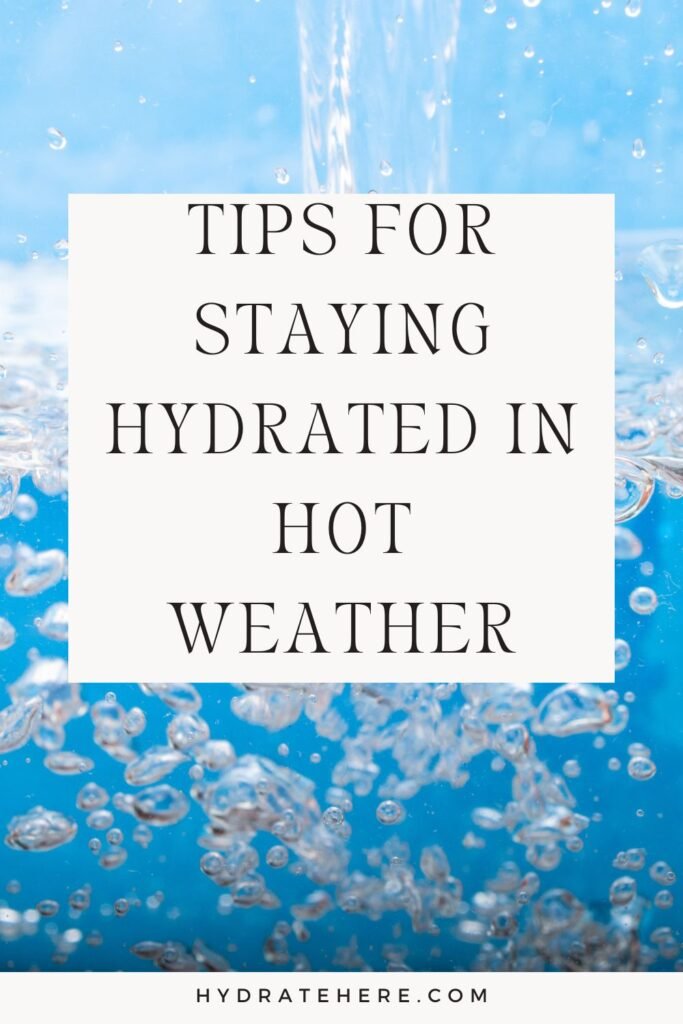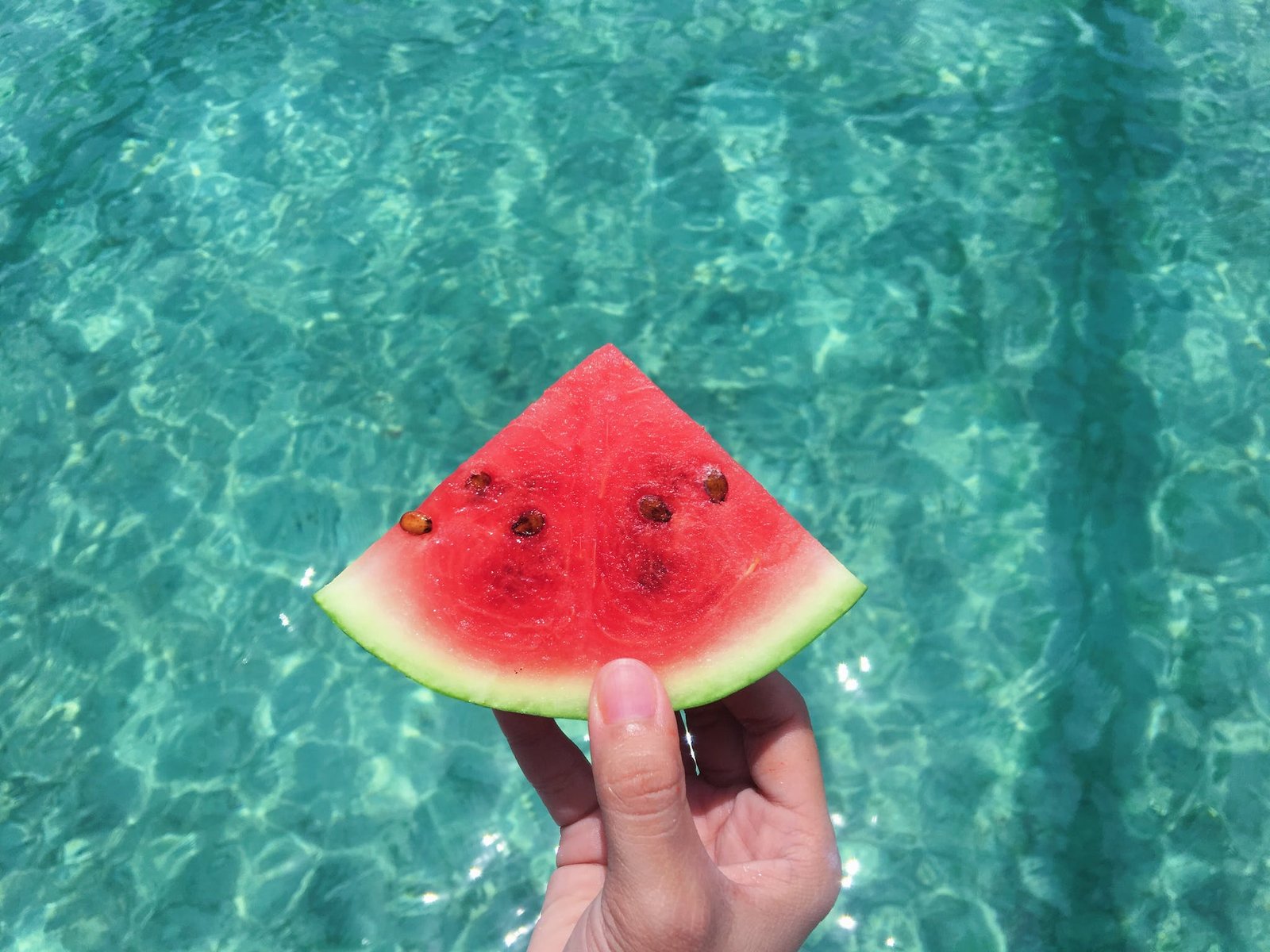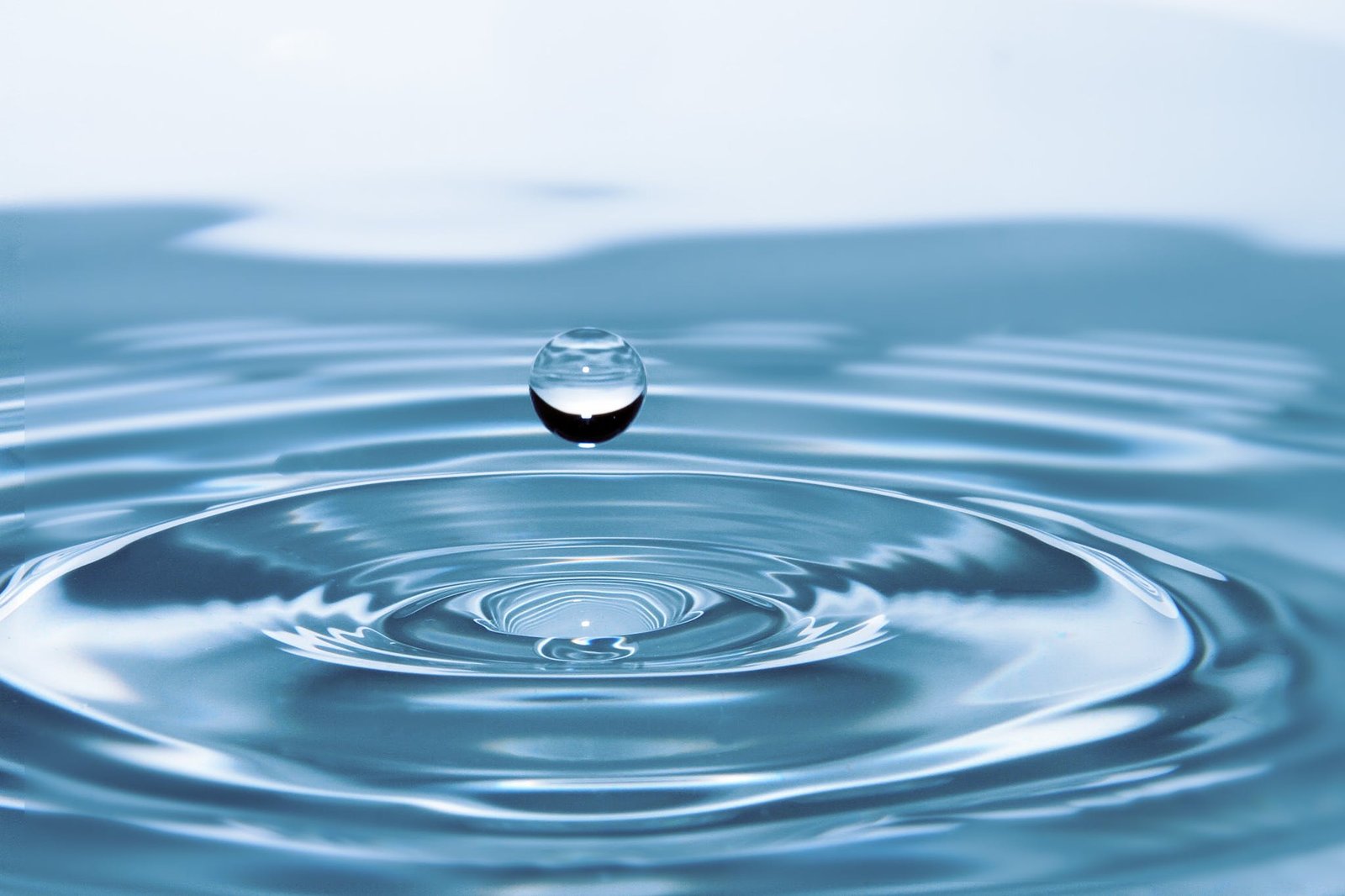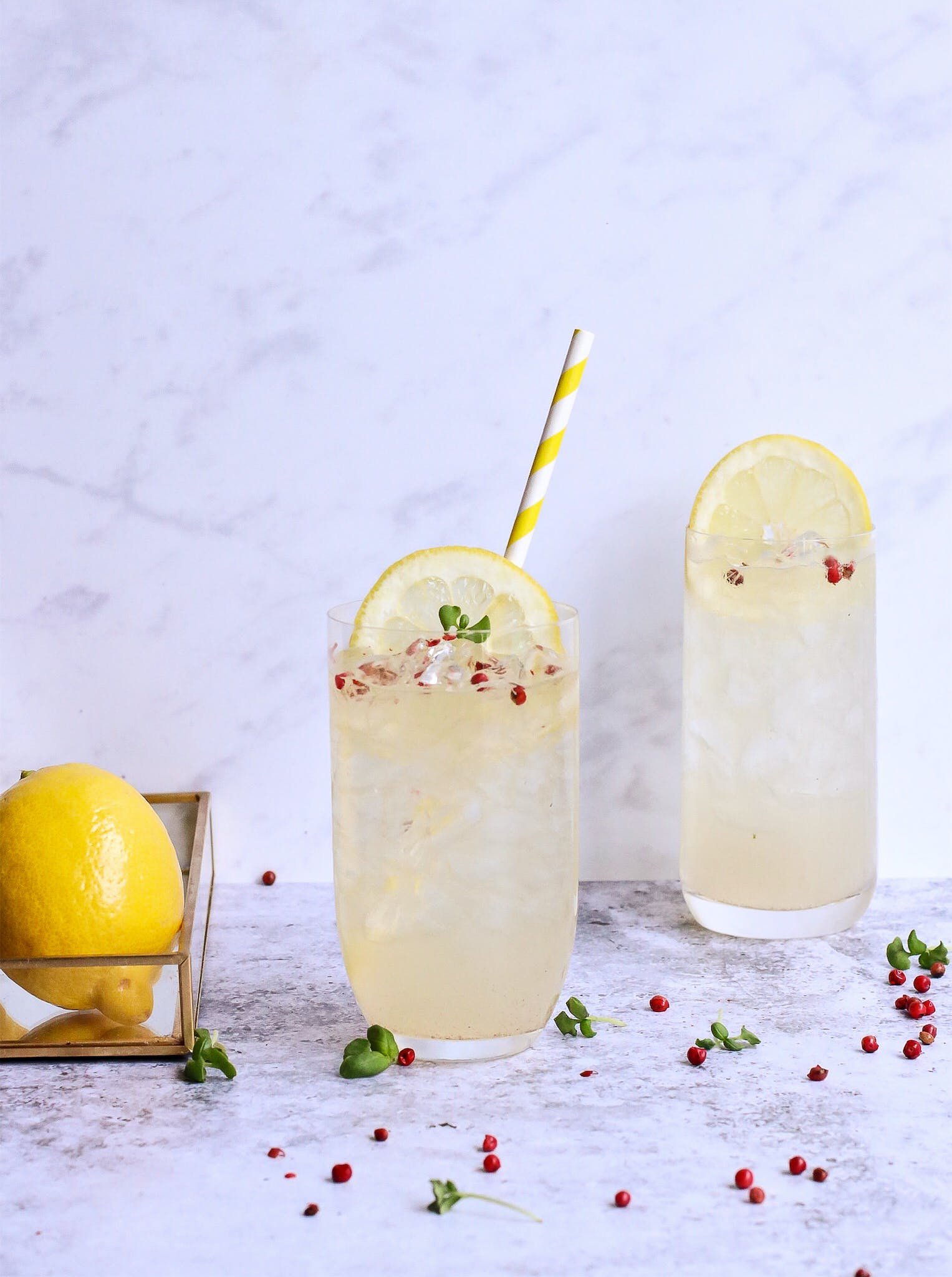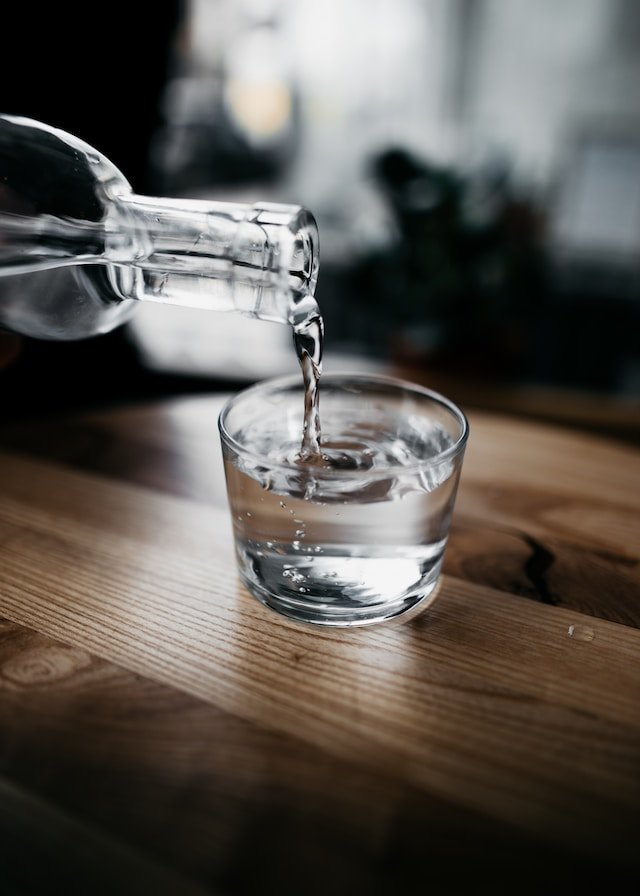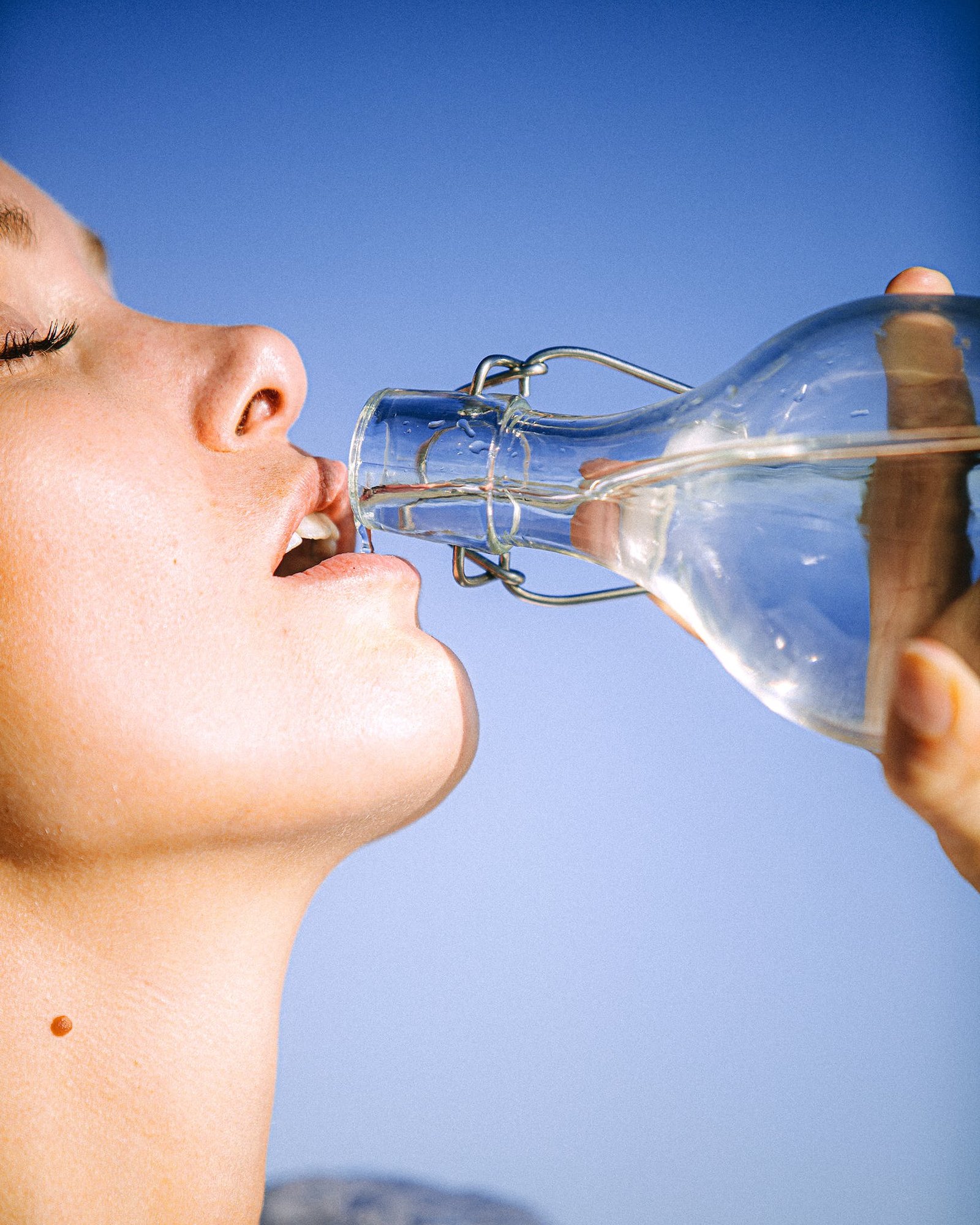Tips for Staying Hydrated in Hot Weather
There are some affiliate links below, but they are all products I highly recommend. For more info, view my disclosure here.
The heat is on, it’s crazy hot, and you’re melting faster than a popsicle on a summer sidewalk. Stop and consider these tips to stay hydrated!
Proper hydration is your best defense against blazing temperatures. Without it, you’re at risk of heat exhaustion, fatigue, dizziness and more. Yuck!
Luckily, we’ve got the inside scoop on staying hydrated in hot weather. We’ll teach you how to recognize signs of dehydration, calculate your fluid needs, and sip smartly on blistering days.
You’ll learn the best beverages and foods for replenishment, plus common mistakes that can leave you parched.
With these tips, you’ll stay refreshed and beat the heat all season long. So grab a tall, cool drink and get ready to soak up our top secrets for hydration when the mercury rises!
Importance of Hydration in Hot Weather
Staying hydrated in hot weather is crucial for your overall health and well-being. When the temperature rises, your body sweats more to cool itself down, which can lead to dehydration if you don’t replenish the lost fluids. Dehydration can have serious consequences, such as dizziness, fatigue, and even heatstroke. That’s why it’s important to prioritize hydration during hot weather.
To stay hydrated, make sure to drink plenty of water throughout the day. Carry a water bottle with you and take regular sips, even if you don’t feel thirsty. Your body needs a constant supply of fluids to function properly, so don’t wait until you’re parched to drink water.
In addition to water, you can also include hydrating foods in your diet. Fruits and vegetables like watermelon, cucumber, and strawberries have high water content and can help quench your thirst. They not only provide hydration but also offer essential nutrients and minerals.
Remember that beverages like coffee, tea, and alcohol can actually dehydrate you, so it’s best to limit your intake of these drinks. Opt for water or natural fruit juices instead.
Signs and Symptoms of Dehydration
Feeling dizzy or having a dry mouth are signs that you may be dehydrated. When your body lacks sufficient water, it can’t function properly. Dehydration can lead to a range of symptoms, including fatigue, headache, and muscle cramps.
Your body needs water to regulate its temperature, lubricate your joints, and deliver nutrients to your cells. Without enough water, these processes are compromised. You may also experience increased thirst, dark-colored urine, and a decrease in urine output. Dehydration can affect your mood and cognitive function, making it difficult to concentrate or think clearly. It can also cause constipation and dry skin.
If you notice any of these signs, it’s important to rehydrate immediately. Drink plenty of water throughout the day, especially when it’s hot or when you’re engaging in physical activity. Remember, prevention is key, so make sure to drink enough water to stay properly hydrated.
Recommended Daily Fluid Intake
To maintain optimal hydration levels, it’s important to drink an adequate amount of fluids each day. The recommended daily fluid intake varies depending on various factors such as age, sex, weight, and activity level.
As a general guideline, it’s suggested that women should aim to consume about 2.7 liters (11 cups) of fluids per day, while men should aim for about 3.7 liters (15 cups). This includes all fluids, such as water, juice, milk, water from hydrating foods, and even caffeinated beverages like coffee and tea.
Remember that your fluid intake doesn’t have to come solely from drinking water; you can also get fluids from fruits, vegetables, and other foods with high water content.
Additionally, if you engage in physical activity or spend time in hot weather, you may need to increase your fluid intake to compensate for the additional loss through sweating.
Pay attention to your body’s thirst signals and drink fluids throughout the day to stay properly hydrated.
Hydration Tips for Outdoor Activities
Make sure you drink plenty of fluids when participating in outdoor activities to prevent dehydration. Staying hydrated is crucial, especially when you’re spending time outdoors in hot weather. When you sweat, your body loses water, and if you don’t replenish it, you can quickly become dehydrated. So, how can you ensure you stay hydrated during your outdoor adventures?
Firstly, make water your go-to beverage. Avoid sugary drinks or caffeinated beverages, as they can actually dehydrate you. Carry a water bottle with you and take regular sips throughout the day. If you find water boring, try infusing it with slices of lemon, cucumber, or berries for a refreshing twist.
Additionally, be mindful of the duration and intensity of your activities. The longer and more strenuous your outdoor activity, the more fluids you’ll need to consume. Take frequent breaks to rest and rehydrate. Don’t wait until you feel thirsty, as this is a sign that you’re already dehydrated.
Lastly, consider electrolyte replacement. When you sweat, you lose not just water but also essential electrolytes like sodium and potassium. Sports drinks or electrolyte tablets can help replenish these lost minerals and maintain your body’s fluid balance.
Best Beverages for Staying Hydrated
When spending time outdoors in hot weather, it’s important to choose the best beverages that will help you stay hydrated.
Water, of course, is always a great choice. It’s refreshing, calorie-free, and easily accessible. Make sure to drink plenty of water throughout the day, especially when engaging in physical activities.
Sports drinks are another option to consider. They not only provide hydration but also replenish electrolytes lost through sweat. These drinks are particularly beneficial for extended periods of physical exertion or intense workouts.
If you prefer something with a little more flavor, try infused water. Simply add slices of cucumber, lemon, or berries to your water for a refreshing twist.
Coconut water is another excellent choice. It’s naturally low in calories and packed with electrolytes such as potassium and magnesium.
Lastly, herbal iced tea can be a hydrating and flavorful alternative.
Avoid sugary drinks, as they can dehydrate you even more.
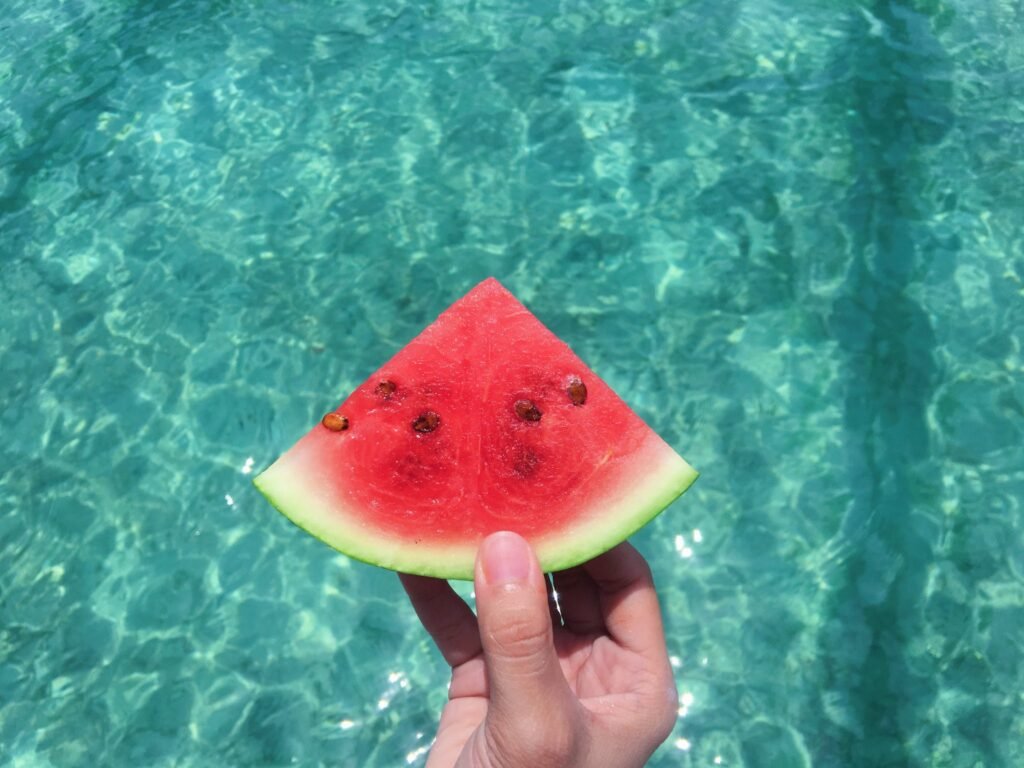
Foods That Help With Hydration
If you’re looking for foods that can help keep you hydrated, consider incorporating watermelon and cucumbers into your diet. These refreshing fruits and vegetables aren’t only delicious but also packed with water to quench your thirst on hot summer days.
Watermelon, with its high water content, is an excellent choice to stay hydrated. Made up of 92% water, this juicy fruit can help replenish your body’s fluids and keep you feeling refreshed. Plus, it’s a great source of vitamins A and C, which can boost your immune system.
Another hydrating food to add to your grocery list is cucumbers. They’re made up of about 96% water, making them an excellent choice for staying hydrated. Cucumbers are also low in calories and high in fiber, making them a healthy snack option. You can enjoy them sliced in salads, as a refreshing addition to water, or even in a cool cucumber and mint smoothie.
Hydration Mistakes to Avoid
To avoid dehydration, it’s important to be mindful of how much water you’re drinking throughout the day. However, there are some common hydration mistakes that you should be aware of.
One mistake is relying solely on thirst as a signal to drink water. By the time you feel thirsty, your body is already starting to become dehydrated. So, instead of waiting until you’re thirsty, try to make it a habit to drink water regularly throughout the day.
Another mistake to avoid is consuming excessive amounts of caffeine or alcohol. Both of these substances can actually dehydrate your body, so it’s important to balance your intake with plenty of water.
Not replenishing lost fluids after exercise or spending time in the sun can lead to dehydration. Remember to drink water before, during, and after physical activity to stay properly hydrated.
Neglecting to drink water in cold weather can also lead to dehydration. Even though you may not feel as thirsty in colder temperatures, your body still needs water to function properly. So, make sure to drink water consistently, regardless of the weather.
